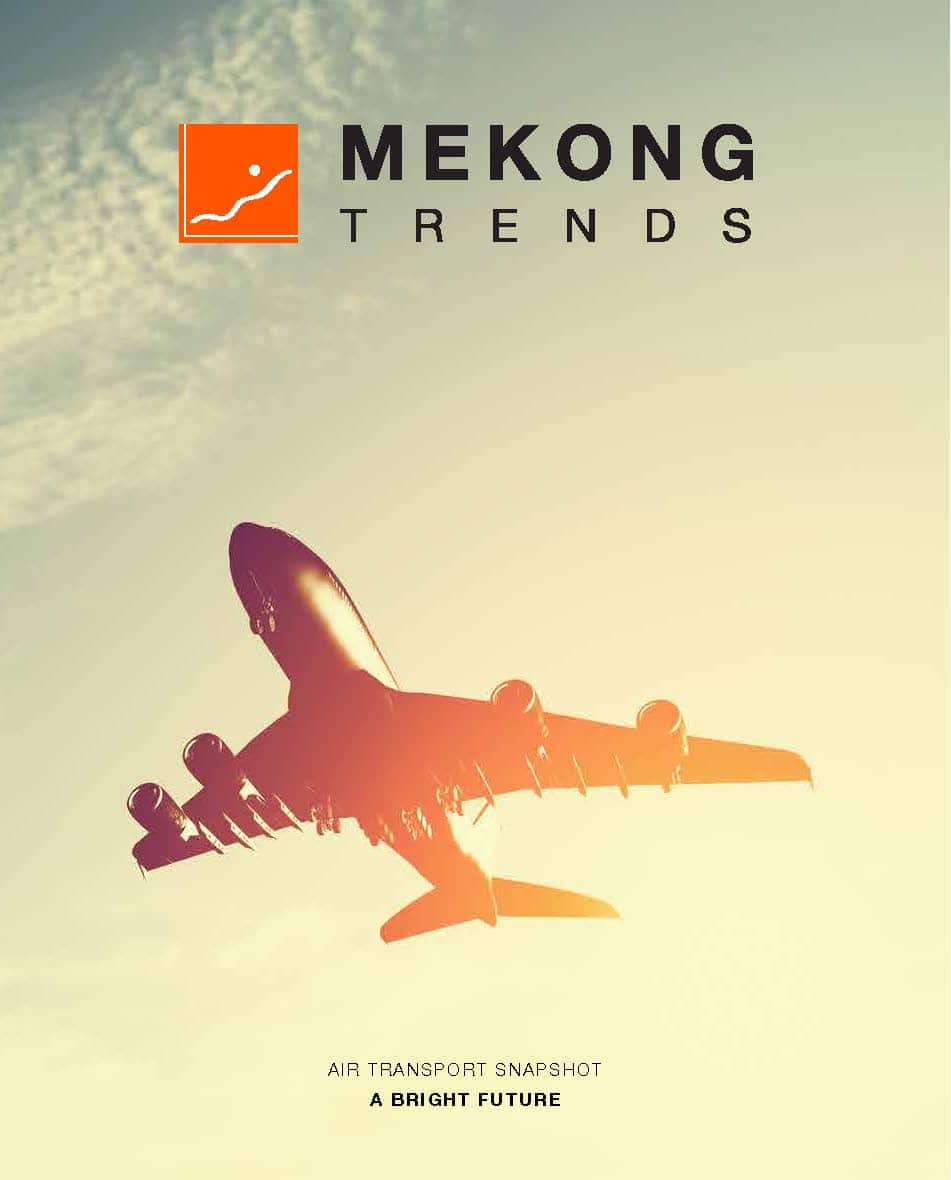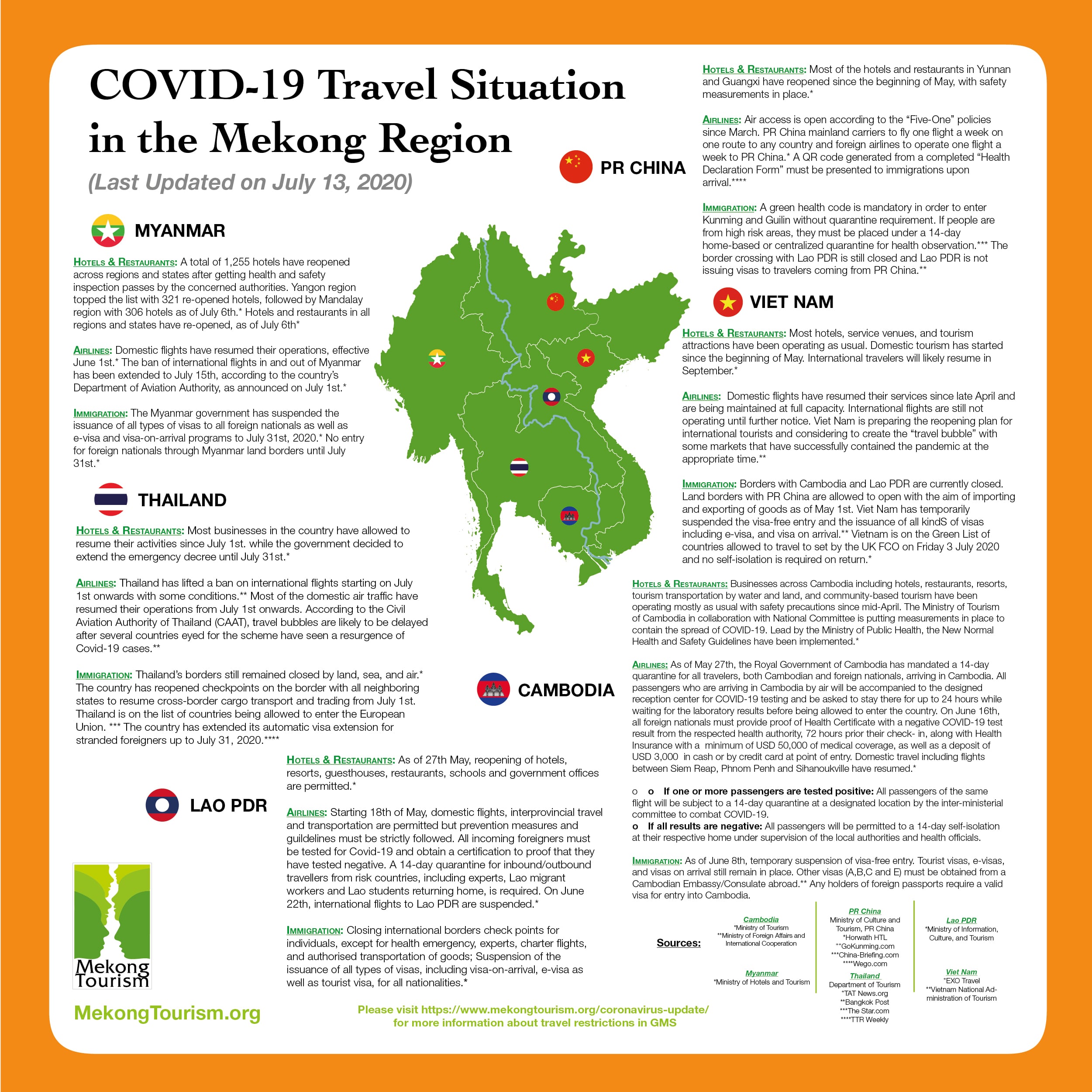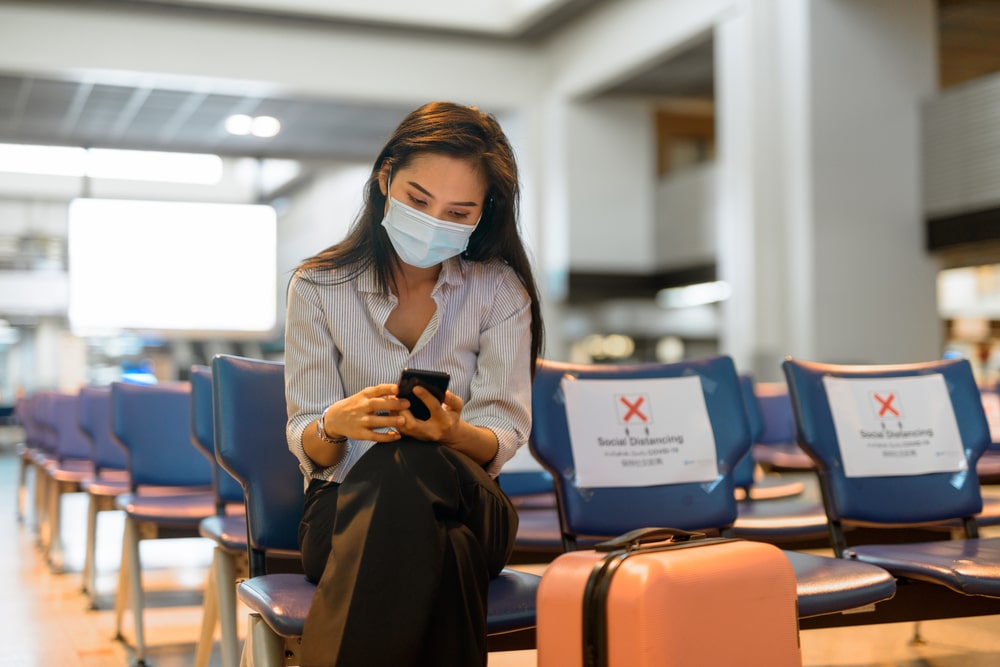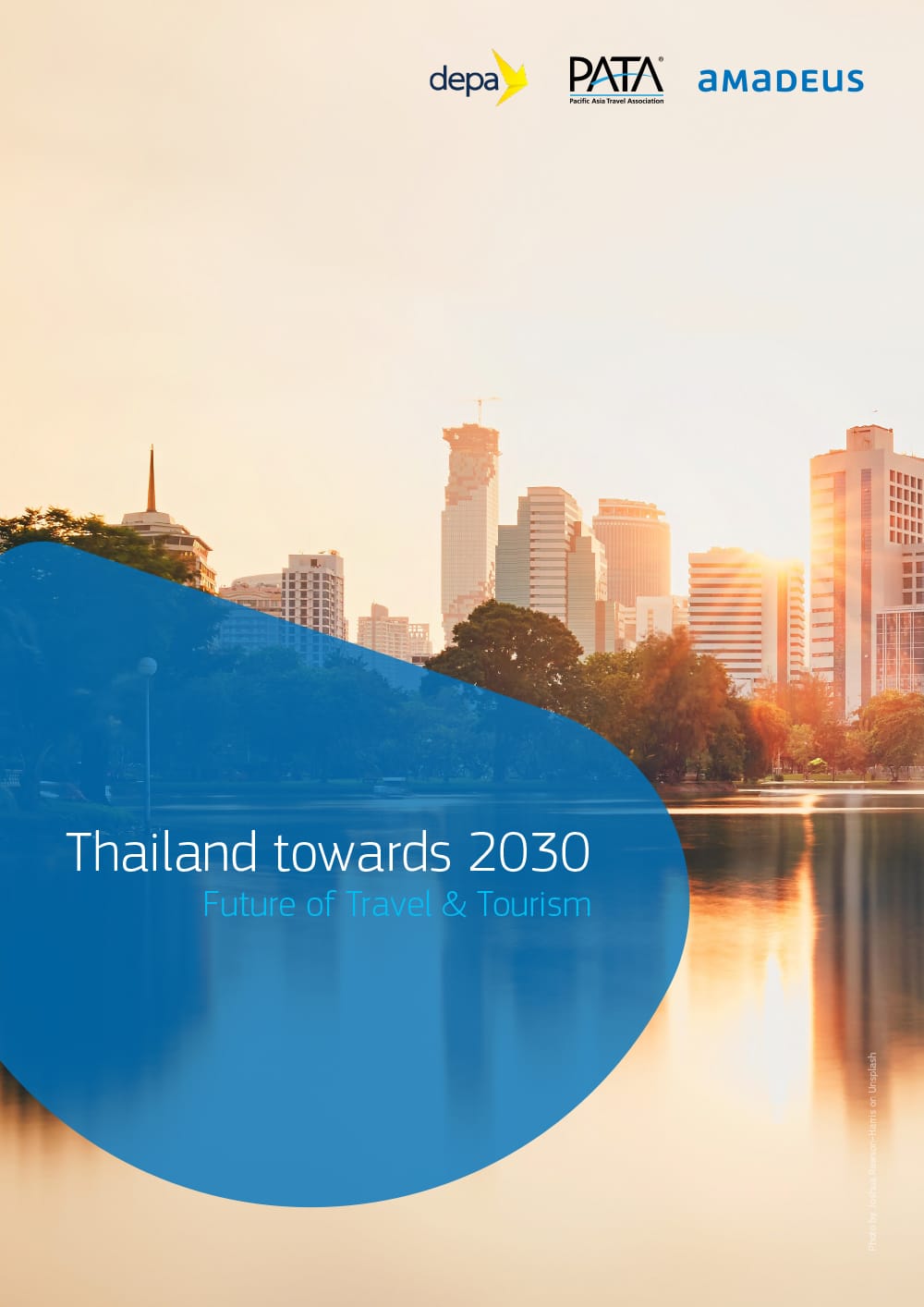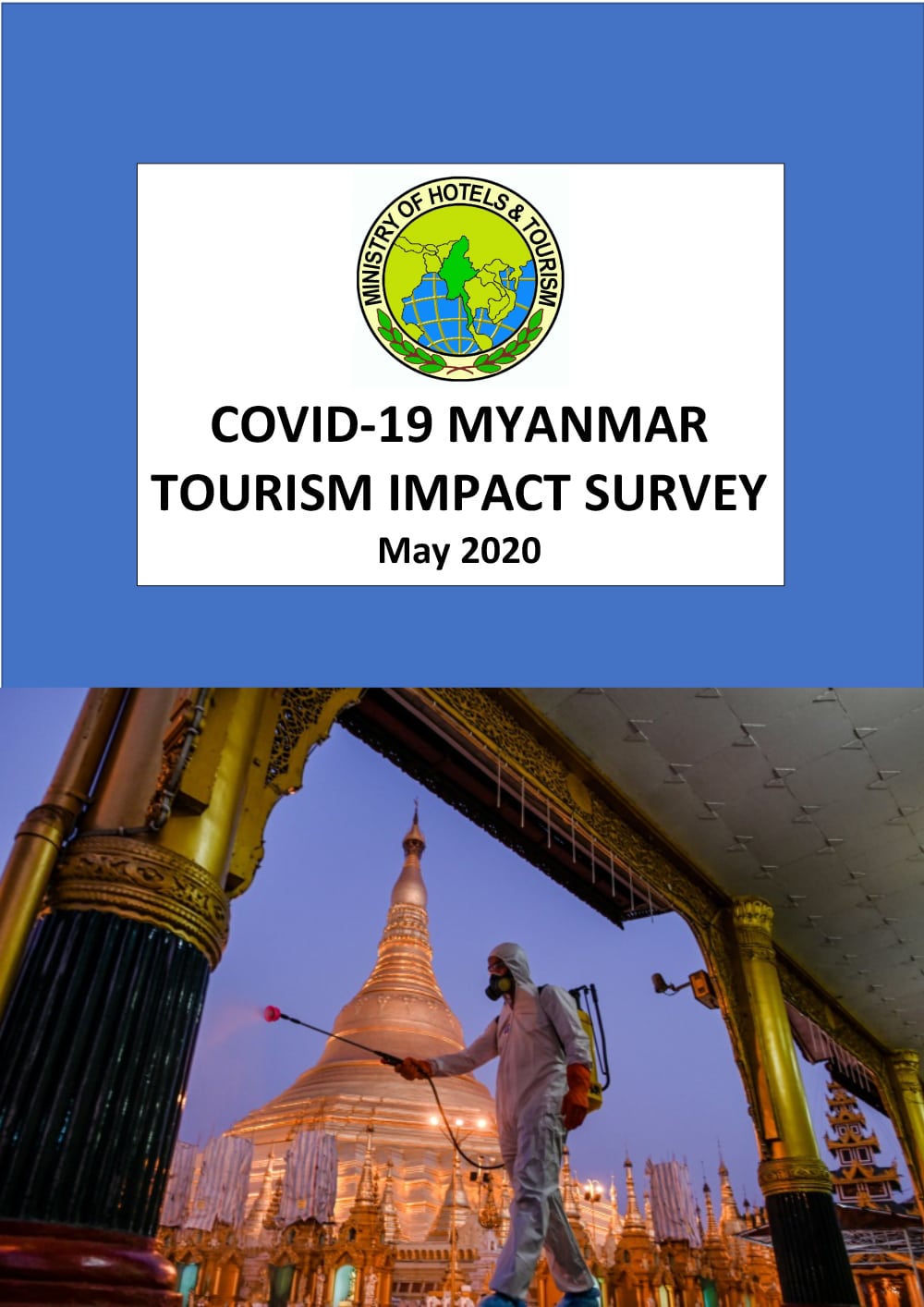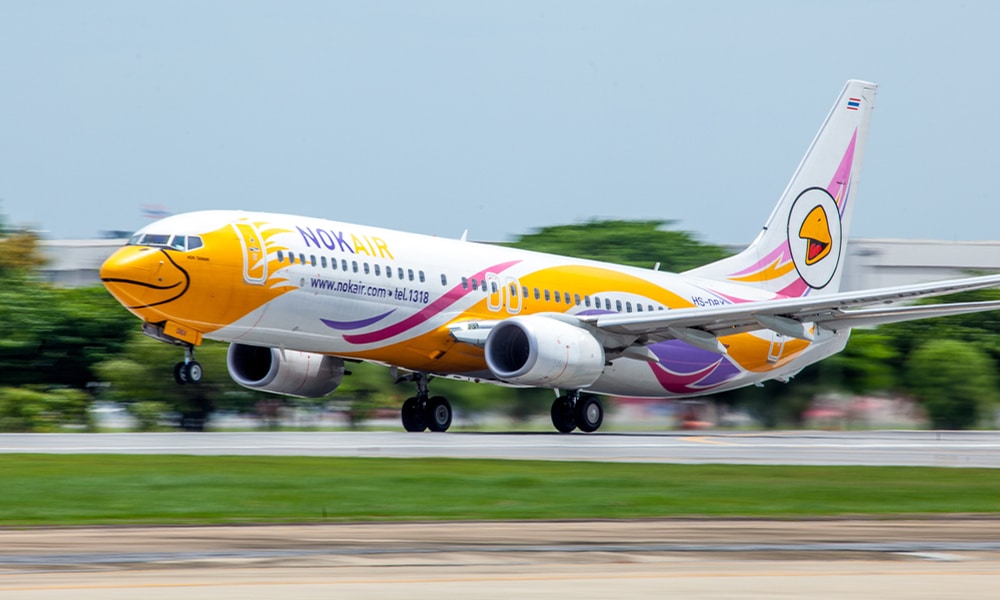As ASEAN pursues greater regional integration and the development
of a single economic community, advancements in the region’s
aviation industry are essential to boost economic connectivity and
tourism. Half the world’s population live within five hours of ASEAN,
making it a natural transportation hub for visiting the region’s sunny
beaches, accessing growing economic opportunities.
THE 4TH INFO-GRAPH OF THE COVID-19 TRAVEL SITUATION IN THE MEKONG REGION AS OF JULY 13, 2020
The 4th Info-graph of the COVID-19 Travel Situation in the Mekong Region as of July 13, 2020, giving a brief summary of travel restrictions in Cambodia, PR China, Lao PDR, Myanmar, Thailand, and Viet Nam.
Continue readingTHAILAND’S MAIN AIRPORT OFFERS RAPID CORONAVIRUS TEST FOR INTERNATIONAL ARRIVALS
Thailand’s main international airport unveiled rapid coronavirus tests on Friday for some overseas arrivals after a three-month ban on foreign visitors was partially lifted this month.
Continue readingThailand towards 2030 – Future of Travel & Tourism
Through Smart Tourism, governments have the opportunity to utilize big data and relevant technologies to:
> Attract target travelers by having a better understanding of their preferences
> Facilitate traveler touchpoints along the entire travel journey
> Connect travelers with city infrastructure and commuter networks for a more seamless travel experience
> Serve travelers better by connecting data, travel providers and traveler touchpoints
COVID-19 Myanmar Tourism Impact Survey
In light of the serious situation in Myanmar, the Ministry of Hotels and Tourism, with the support of Lux-Development, prepared a survey instrument to try to identify the key issues that micro, small and medium tourism businesses (MSMEs) are facing and to use this information in the months ahead to address some of the impacts.
Continue reading
